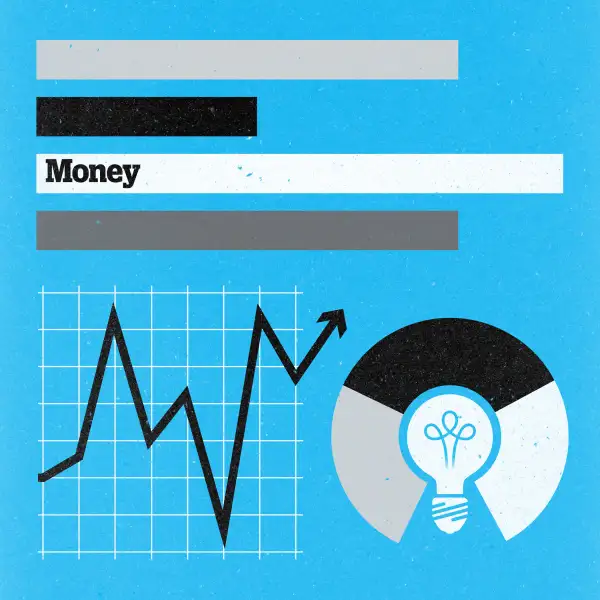How to Use Your Roth IRA to Buy Foreign Stocks
Money is not a client of any investment adviser featured on this page. The information provided on this page is for educational purposes only and is not intended as investment advice. Money does not offer advisory services.

Q: I would like to invest in foreign stocks and LLPs within my Roth IRA. Do I need to file any special forms at the end of the year? Are there any type of investments within the Roth that would not require a special filing? — Tom
A: Depending on what’s available in your Roth IRA or whether you have a self-directed Roth, there are any number of investments you can own beyond the usual stocks, bonds and funds. But just because you can, doesn’t mean you should.
Let’s start with the question of foreign securities. Assuming you’re able to buy stocks listed on foreign exchanges in your Roth — policies vary from brokerage to brokerage — you will need to file IRS Form 8938 to report these foreign assets, says David Lyon, CEO of Main Street Financial in Chicago.
One way to avoid having to file this paper work, among other headaches, is to stick with foreign stocks that are available to U.S. investors as American Depository Receipts, or ADRs. Most of the largest foreign companies have ADRs, which trade on U.S. exchanges and in U.S. dollars, and don’t require the additional paperwork, though there may be other tax considerations.
As always, consider how any such holdings fit into the bigger picture of your portfolio. By all means, you want exposure abroad, but buying individual securities on your own, a la carte, may not yield the best results over the long run.
To wit, a much easier way to gain exposure to foreign companies is via an exchange-traded fund or mutual fund that invests in foreign stocks on your behalf, says Lyon. For broad market exposure, he likes the Vanguard FTSE All-World ex-U.S. ETF (ticker: VEU). As the name indicates, this low-cost fund gives you broad, diversified global exposure, ranging from the developed markets of Europe and Japan to emerging markets in Asia, Latin America and the Middle East.
If you're looking for a more targeted approach, you can find ETFs that specialize in just one sector of the global economy, or one region of the world, or even one country.
Similarly, if you hold a limited liability partnership (LLP) in your Roth IRA you will need to fill out Form 990-T for unrelated business taxable income.
That said, you probably don’t want to invest Roth IRA assets in an LLP. The reason: “Essentially you’ll be taxed twice,” says Lyon. In addition to first paying tax on the contributions you make to the Roth, he says, you will be taxed on LLP income above $1,000 a year. He adds: “Investors are typically better off focusing their investable assets in traditional investments that allow them to take full advantage of the tax deferred growth and tax free distributions.”